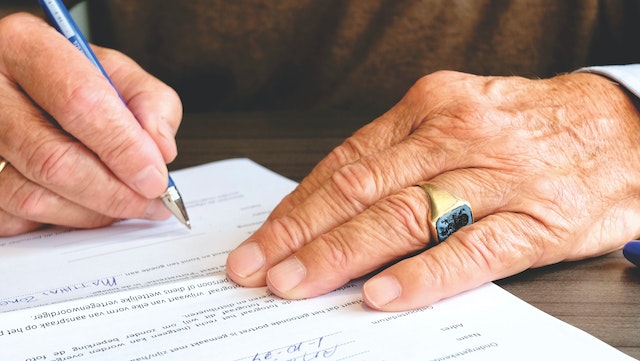
A landlord cannot just do whatever they want to when they rent out a home or commercial property. There are laws protecting tenants, and there are requirements for how landlords must act under New York lease agreements. Anyone who violates the law should be held accountable, but facing a landlord in court can often be tough for tenants, who tend to have fewer resources at their disposal. Fortunately, a New York City tenants’ rights lawyer from our firm is ready to fight for you and make things right.
Every tenant is entitled to a home that is clean, safe, and well-maintained. A landlord must also provide heat and water for their tenants. Other utilities, like gas and electricity, can be paid by tenants. If there is some kind of issue, like the water getting turned off, the owner of the property should be communicating with tenants about the problem and any planned fix for it.
A commercial lease can get more complex than a residential one. While residential tenants usually just pay for rent and utilities, some commercial tenants may also be responsible for taxes, insurance fees, and maintenance costs for a property. The exact costs that these tenants will pay needs to be outlined beforehand so that there is no confusion about who will owe what.
A New York commercial lease should also include important information about:
This can depend on the type of lease and the property being leased. As we mentioned, there are certain expenses a landlord must pay for when leasing a residential property, like heat and water. It is also usually the responsibility of the property owner to handle repairs, improvements, and upkeep of the property.
Commercial properties also need heat and water, but what else is paid for by the landlord can vary greatly depending on the terms of a lease. For example, while a landlord for a residential property is expected to pay their own property taxes, a commercial tenant could end up paying some of the property taxes if that is what the lease they agree to requires. If a property has multiple tenants, a lease should also be clear who takes care of the property and removes hazards like snow, ice, or construction debris.
If you suspect that your landlord is not living up to their obligations, we can help. If you’re a landlord who is trying to do things correctly, we can help you too. Contact Robert Rosenblatt & Associates today and talk to a lawyer who knows local housing laws.
© 2024 Robert Rosenblatt & Associates. All rights reserved.